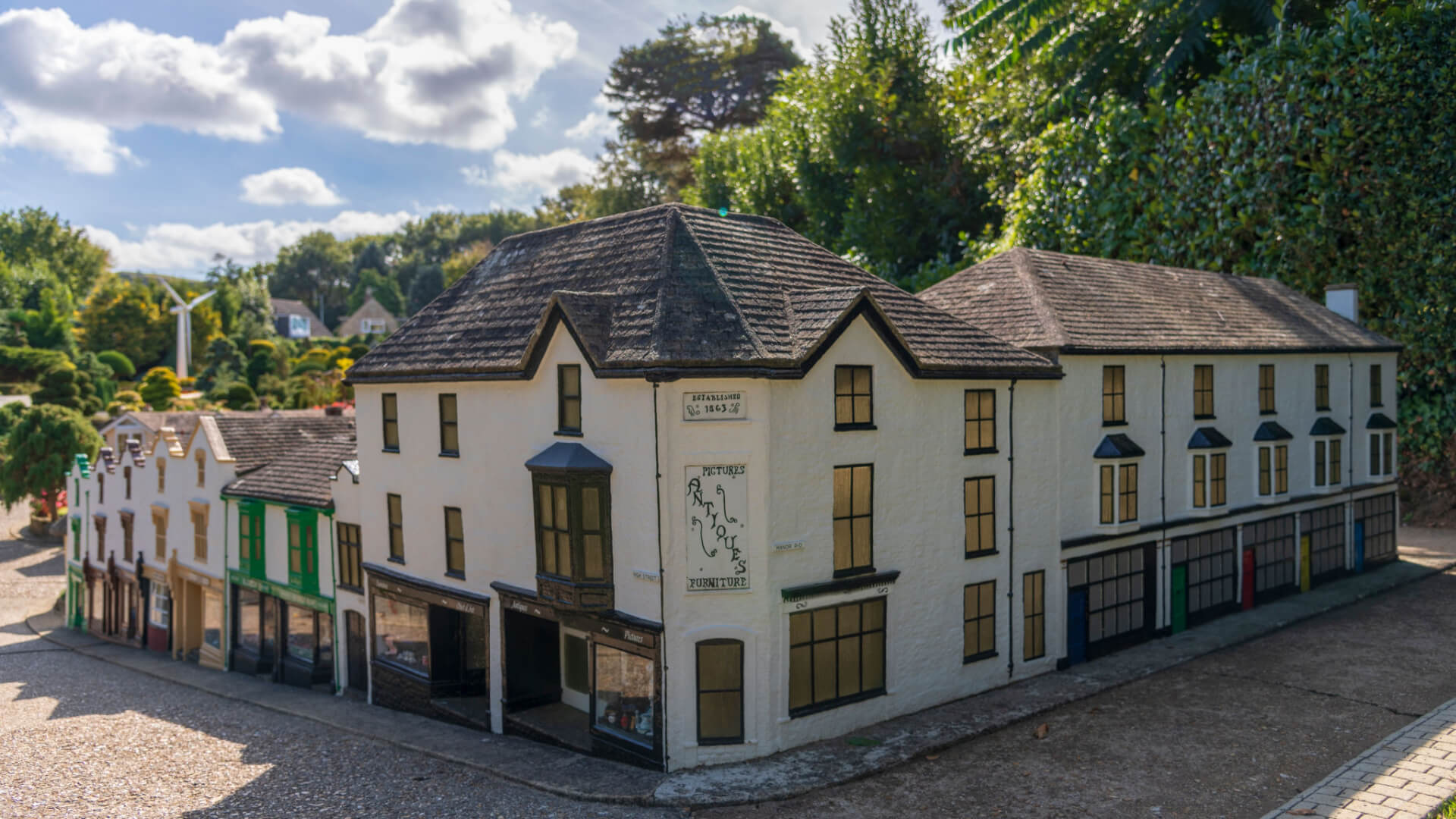Five Easy Ideas and Tips for a Wheelchair-Friendly Garden
When living in a wheelchair, getting out into your garden can be tricky if you haven’t created an accessible space. From raised beds, to wide and well laid paths, there are many ways you can make your garden accessible for you and loved ones to enjoy.
In the same respect, gardening, being outdoors and cultivating plants has been shown to positively impact mental health and overall wellbeing. Having a garden that is accessible means that even on bad days for someone’s physical health, they can have a space close to home that allows them to get outdoors and rejuvenate.
There are many ways that you can make a garden wheelchair accessible, and you don’t need a large, expansive garden and a big budget for some of these ideas.
How To Make A Garden Wheelchair-Friendly
1. Use tables instead of raised beds
While raised beds can be great and provide a raised surface for those with limited mobility, for those in a wheelchair who may have restricted mobility in their back, or another limiting medical condition, raised beds simply aren’t practical.
Tables that have been converted into deeper beds, or simply a weatherproof table that can house pot plants and seedlings, can help a wheelchair user to be able to actively get involved in gardening.
This doesn’t have to be an expensive purchase, sites such as Facebook Marketplace and eBay occasionally have garden furniture going for little or no money.
2. Choose wide paving slabs
For someone with a wheelchair to access most of the garden, especially if the grass hasn’t been cut or they don’t have an all-terrain wheelchair like the Smart Chair X, then they will need accessible pathways to get them around the garden.
Where you may commonly see people use gravel or chippings for ease of laying paths, for a pathway to be truly wheelchair friendly, you will need large, flat paving slabs with a very narrow join.
Gardeners World presenter Mark Lane says “Paving should be pointed with a minimum gap of 10mm. You want a firm, stable, non-slip surface. In some instances, anti-glare paving slabs are a good idea – especially for partially sighted or blind people.”
Any curves should be gentle, and the path should be wide enough for a wheelchair user and someone to walk next to them.
3. Consider the need for gradients
If you have a staggered garden, or one on a slope, you will need gradient pathways to allow a wheelchair to access the full breadth of a garden.
A steepness ratio no more than 1:12 is recommended, and get a professional to install these, as they will have the tools needed to ensure the correct gradient and safety for the garden and the users.
With any sloping paths, you will need some kind of a handrail, whether metal, wood or rope, to help ensure the safety of users.
LITH-TECH wheelchairs, especially our smart chair range, is able to work on multiple terrains and gradients, making it ideal for gardening.
4. Create vertical gardens
Vertical gardens, whether up a wall or freestanding, can become host to a wide variety of plants. From herb gardens, to succulents, many plants can work when grown vertically.
These can also be wheeled around, making them fantastic for wheelchair users in any weather.
You can also make vertical gardens easily by getting a bar cart or similar and placing pot plants inside. This is a great way to enable those in wheelchairs to be involved in gardening and gives them a project they can fully own.
5. Invest in accessible tools
Garden tools found in garden centres are often tricky to use for those with limited mobility, or with reduced mobility in one side of their body.
Thankfully, an increase in awareness and reduced manufacturing costs mean that it is very affordable for someone to purchase accessible garden tools.
For example, pliers that come with longer ergonomic handles, or a trowel that can be adjusted to the hand of the user, all make gardening more accessible and more friendly to those with disabilities.
Gardening Shouldn’t be Inaccessible
For those who have felt restricted by their garden, or the wheelchair they use, there are many ways, as we’ve discussed, that wheelchairs and gardens can become more friendly and useable.
As well as creating a wheelchair friendly garden, consider an electric powered wheelchair that is multi-terrain, such as the Smart Chair X or the Smart Chair. Give us a call on 01252 214052 or explore the options below.
Share this article
Follow us
Latest articles
April 27, 2024
April 27, 2024
April 27, 2024
April 27, 2024
April 27, 2024





